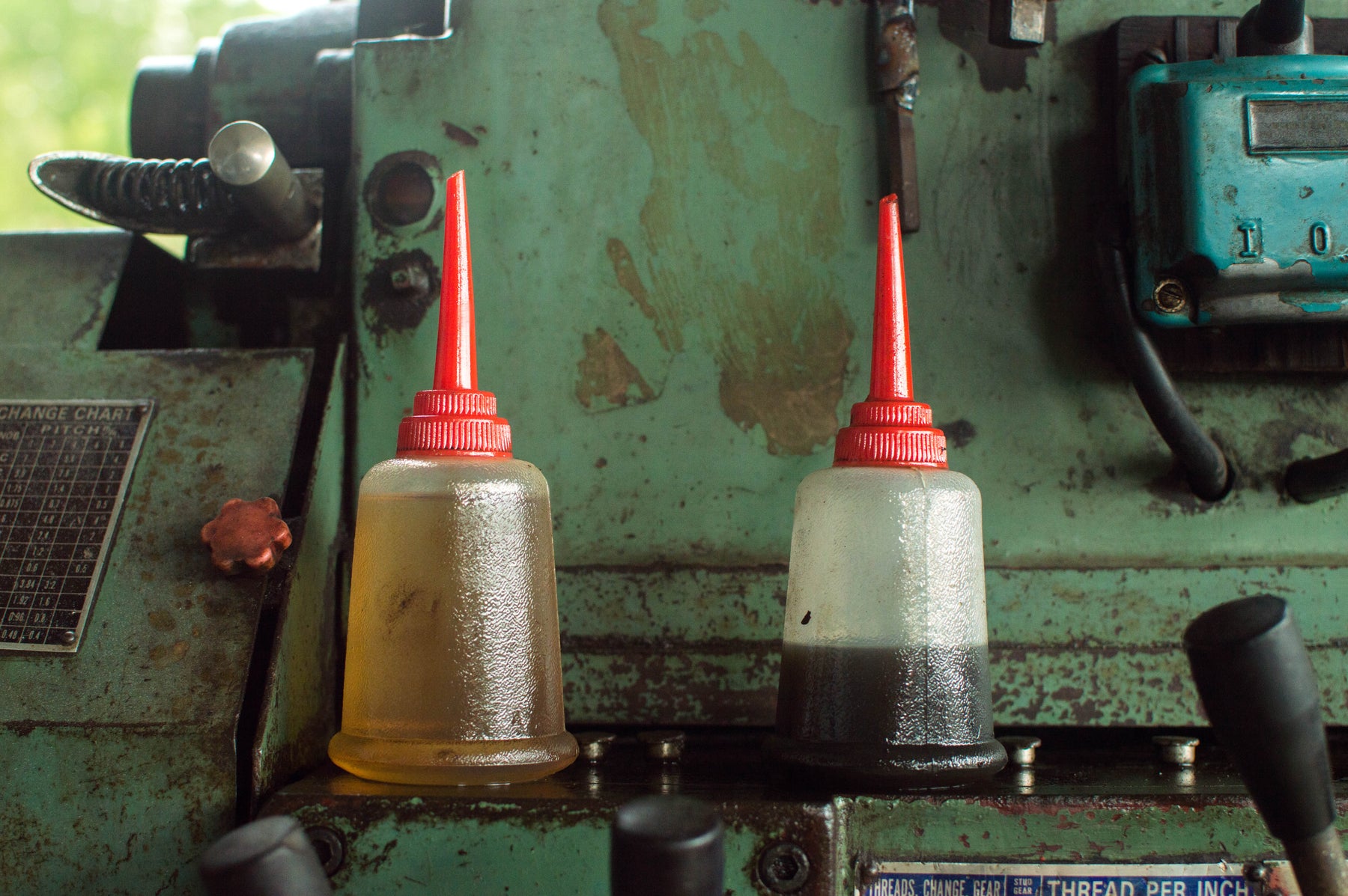
When and How to Change Your Air Compressor Oil
Taking care of your air compressor might not be the most exciting task, but it plays a big role in keeping your equipment running strong. One of the simplest ways to keep things working smoothly is by changing the oil on time. Just like a car engine, your air compressor depends on clean, fresh oil to reduce wear, control heat, and protect moving parts. When oil gets old or contaminated, it can lead to bigger problems that cost time and money.
Think of it like this: you wouldn’t drive your car for years without changing the oil, right? The same idea applies here. Regular air compressor oil changes help prevent breakdowns, improve efficiency, and keep repair bills lower. Whether you're running a small unit in a garage or managing a large industrial setup, routine oil maintenance keeps everything moving like it should.
Why Regular Oil Changes Are Important
The oil in your air compressor does more than just sit there. It acts as a cooling agent, helping to absorb and manage the heat made during compression. It also acts as a barrier to cut down on friction between internal parts. Without fresh oil doing its job, your compressor has to work much harder than it should. Over time, that can shorten its life and make it less reliable when you need it most.
Here’s what happens when oil gets too old or dirty:
- Increased friction: The protective layer breaks down, causing metal parts to grind
- Overheating: Thick or low oil can't handle the heat effectively
- Contamination: Dirt and debris can wear down components faster
- Poor performance: Your compressor may run louder or lose power over time
Changing the oil at regular intervals helps avoid all that. Even better, it gives you a chance to catch other issues like leaks, damaged filters, or low oil levels before they cause real harm. A well-maintained compressor works more efficiently, which saves energy and helps your tools or systems operate better.
One common example is when technicians notice their compressor kicking on more frequently than usual or sounding louder. A quick oil check often reveals the problem. Swapping out the old oil usually solves the issue and gives the compressor some much-needed relief.
When To Change Your Air Compressor Oil
Not every compressor needs oil changes at the same time or frequency. A lot depends on the type of compressor you’re using. If you have a rotary screw compressor, you'll likely need to change the oil more often than you would with a smaller reciprocating model. Still, it's best to stick with the routine recommended by the manufacturer—usually every 500 to 1,000 hours of use, or about once or twice per year for more casual users.
Here are a few signs that your air compressor might be due for an oil change:
- You hear strange noises that weren’t there before
- The compressor takes longer to build pressure
- It runs hotter than usual or shuts off unexpectedly
- There’s visible sludge or grit when checking the oil
Keep in mind that seasonal factors can also play a role. Extreme temperatures can cause oil to break down faster, especially if the compressor runs daily. If your equipment is in a dusty or wet environment, it may need more frequent attention. Having a maintenance log where you write down the date and running hours between oil checks can help you stay on schedule.
When in doubt, don’t ignore warning signs like new sounds or sudden drops in performance. Regular oil changes are simple and low-cost compared to replacing an overheating motor or failed internal parts. Staying on top of it now can save a big headache later.
How To Perform An Air Compressor Oil Change
Changing the oil in your air compressor doesn't have to be intimidating. With a bit of preparation, you can get it done smoothly. To start, make sure you have everything on hand. Here's a quick list of what you'll need:
1. Proper oil type for your specific compressor model
2. A wrench or set of tools to access the oil drain plug
3. A container to catch old oil
4. A funnel for pouring in new oil
5. A rag or paper towels for any spills
Once you've gathered your supplies, follow these steps:
1. Turn off and unplug your compressor. Let it cool down if it's been running
2. Locate and remove the drain plug. Place your container underneath to catch the old oil as it drains
3. Let all the old oil drain out completely. It might take a few minutes, especially in cold weather
4. Replace the drain plug securely to avoid leaks
5. Add new oil using a funnel. Be careful not to overfill—just enough to hit the recommended level
6. Dispose of the old oil properly, following local regulations
Always double-check the manufacturer's instructions since tools and steps can vary between compressor models. Safety comes first, so use gloves if needed and ensure your work area is well-ventilated.
Make sure you use compressor oil that matches your model's requirements. Different types of oil are made for different systems, and using the wrong kind can do more harm than good. If you're unsure about what oil to choose, reach out to someone who specializes in compressor maintenance.
Tips To Maintain Your Air Compressor Between Oil Changes
Staying on top of regular care between oil changes makes life a lot easier. Here are some helpful tips:
- Check oil levels regularly. Get to know the usual level, so you'll notice if something's off
- Inspect for any leaks or odd sounds. Catching these early can prevent bigger issues
- Clean air filters as needed. Dust can drag down efficiency
- Use your logbook. Keep track of running hours and maintenance dates
Your compressor will let you know if it isn’t feeling its best. Pay close attention to any changes in how it sounds or runs.
Keep filters clean, connections tight, and the entire unit free of dust or grime. Small steps like these help your machine last longer and perform better every time you turn it on.
Keep Your Equipment Running Smoothly
Taking care of your air compressor takes a bit of time and effort, but the payoff is worth it. Regular oil changes and routine check-ups mean fewer surprises down the road. When your compressor runs like it should, you can tackle projects without a hitch and keep your tools in the best shape possible.
By following this maintenance advice, you’re setting yourself up for success. Regular attention keeps your equipment in top condition, preserves its value, and ensures you’re always ready for whatever task comes your way. Stay proactive, and enjoy the peace of mind that comes with knowing your compressor is well-cared for.
Keep your air compressor running at peak performance by staying on top of maintenance routines, like regular oil changes. For tips and advice on managing your air compressor, explore our collection of resources at Compressor Filter Hub. And when you're ready for an air compressor oil change, we’ve got the right products to help you get the job done quickly and reliably. Ensuring your equipment is always ready for action has never been easier.
